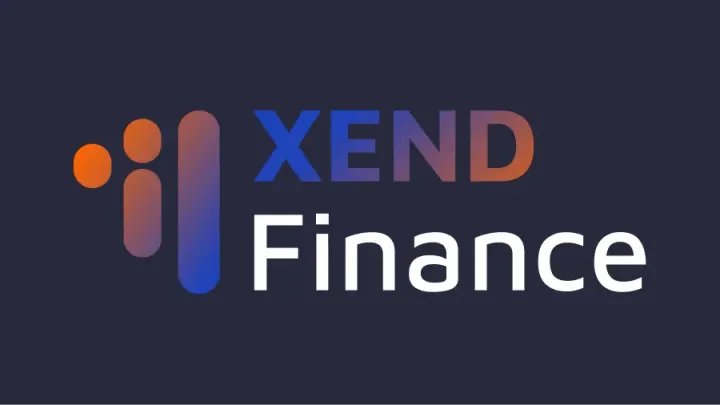Nigeria's struggle to attract foreign investors explains blockchain moves by NGX
NGX is looking to use blockchain to lure younger investors as dwindling foreign participation carves a hole in the country's capital markets.

Foreign portfolio investment (FPI) accounted for only 14.7% of Nigeria’s stock market transactions in the first half of 2022 (H1), according to a report from United Capital. The report also shows that foreign participation in Nigeria has been declining since 2018. This potentially explains why the country’s leading stock exchange operator is planning to launch blockchain-based trading next year.
Background story
- Nigeria is seeing shrinking foreign participation despite its stock market returning roughly 21% in H1 — a trend that should ordinarily make a market attractive to investors.
- This is in stark contrast to the performance of investment portfolios globally. For reference, the S&P 500 index, which tracks the prices of 500 of the United States’ largest companies, dropped by nearly 20.6% in the year's first half. Europe’s Stoxx 600 index also fell by almost 16% in the first six months of 2022.
- Global stock markets have had a tough year, as rising inflation and geopolitical tensions continue to heighten the fear of a recession.
- Despite bucking the global stock market course by posting a stellar first half of the year, Nigeria could not increase the participation of foreign investors.
- United Capital’s report cites forex bottlenecks, pre-election jitters and policy risks as plausible explanations for the dwindling involvement of foreign investors.
The blockchain angle
- United Capital’s report comes roughly two months after Bloomberg reported that Nigerian Exchange Ltd. (NGX) is planning to launch a blockchain-powered exchange next year.
- NGX is the West African country’s leading equities marketplace operator.
- With its blockchain move, the exchange hopes to lure younger investors into the market and attract more investment capital, according to the report.
- United Capital’s latest findings provide some context as to why NGX is employing technology to attract younger investors. The departure of foreign investors leaves a hole that needs to be filled.
Key quote
Temi Popoola, the chief executive of Nigeria Exchange Ltd. told Bloomberg that:
“For a lot of young and upcoming Nigerians, that is the kind of technology [blockchain] they adopt, and we want to see how we can deploy it to grow our market.”
Meanwhile
- In December 2021, telecommunications giant MTN conducted a discounted public stock offer for retail investors via an NGX-built mobile application called PrimaryOffer.
- “The sale was 1.2 times oversubscribed, with 85% of the investors aged under 40 years,” Popoola told Bloomberg in an email.
- For context, the cohort aged under 40 accounts for only 30% of Nigeria’s equity investors.
- “In an age where investors’ needs are becoming increasingly sophisticated, and the burgeoning youth demography are depending more on technology to transact business, our goal is to spur the next wave of growth,” he told Bloomberg.
- Popoola’s comments preceded the reports of NGX’s plans to introduce a blockchain-based exchange platform.
Zoom out
- It’s also worth noting that, in May, Nigeria’s Securities Exchange Commission (SEC) issued a new set of rules to regulate digital assets operations in the country. It is plausible that NGX’s blockchain operations will be subject to SEC’s digital assets rules — in addition to existing securities regulations.



